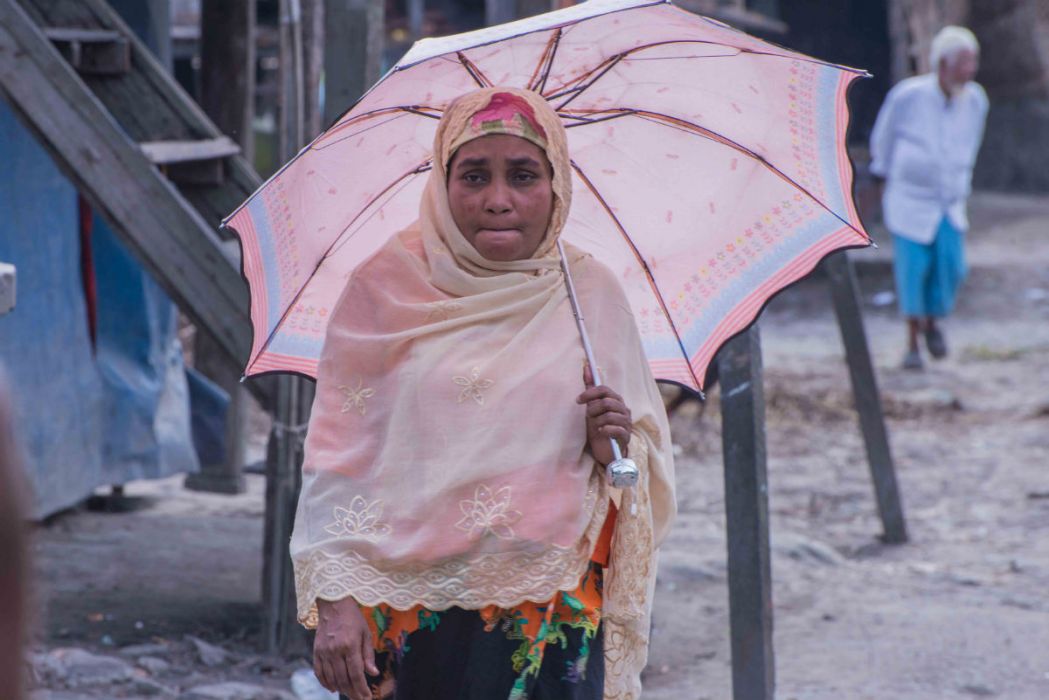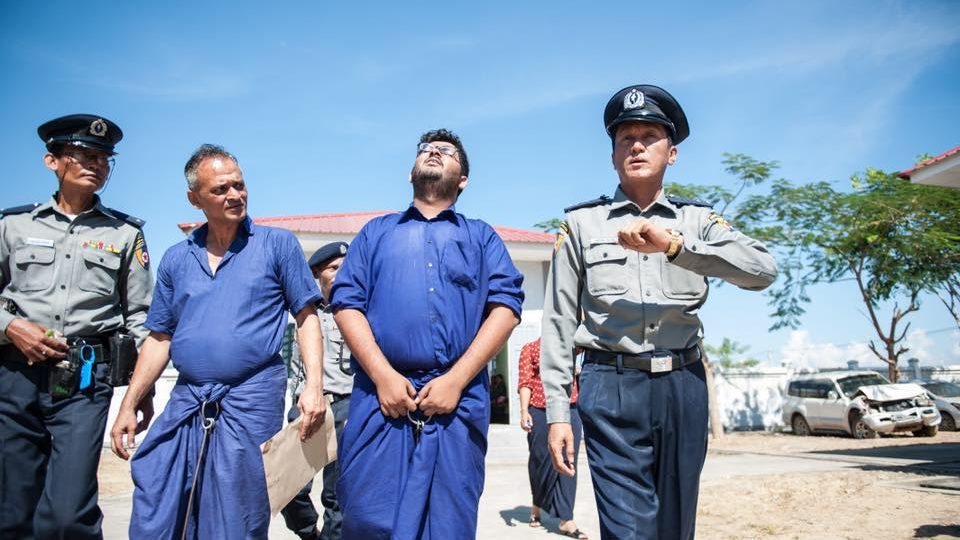People around the world breathed a collective sigh of relief on Dec. 29, when three journalists and their driver were released from Myanmar’s Yamethin Prison. They had served a two-month sentence for operating a drone near the parliament compound in Naypyidaw – the first sentence of its kind.
The sigh continued as we learned that the court had dropped its other charges against reporter Mok Choy Lin, videographer Lau Hon Meng, fixer Aung Naing Soe, and driver Hla Tin, sparing them from the threat of another three to five years in prison.
But that sigh of relief soon gave way to a hard reality: that our happy moment had done little to diminish the shadow that continues to follow everyone who seeks to expose unsightly truths in this country.
Aung Naing Soe is one of those people. Today, he continues to work as a journalist covering Myanmar, even after losing his freedom, witnessing friends lose theirs, and repeatedly fending off accusations of being an enemy to his country.
In a recent interview with Coconuts Yangon, where he worked as a photographer from 2015 to 2016, Aung Naing Soe reflected on life in prison, life after his release, and what it’s like to be a journalist in Myanmar today.

On why he was arrested
I’m not convinced we were really arrested because of the drone. During my interrogation, I was asked not only about drones but also about my previous work in different ethnic areas and also about how I was accused [online] of being an ARSA terrorist last year.
I was shocked. I didn’t expect to get arrested with this case. I thought we would be released after a few hours of interrogation.
On managing time in prison
Mostly I read. I read quite many books. And I also did some workouts. Making friends with the prisoners and listening their difficult life stories. Also, playing Scrabble was a good way to pass the time. And I regularly prayed. Those are things I didn’t do before I was sent to jail.
On losing hope and gaining it back
When our lawyers failed to get our Section 8 [of Myanmar’s Import Export Law] charges dismissed, we lost hope. But I always tried to stay strong because I didn’t want my family and friends to see me down.
It was really difficult to encourage myself, but I was glad that I didn’t have any children. It really hurt for me to see my friends with children in prison. Anyway, I tried to tell myself our case was not so bad, that we would go home sooner or later. I prayed for my freedom, and I also prepared for the worst.
On how prison changes a person
This experience made me mature more. I realized what my life was lacking before. Like, I didn’t spend enough time with my family and those I love. But this experience will not change how I work. I always try to have zero mistakes. I still believe we didn’t do anything wrong. There were no caution signs that say “no drones” near parliament, or we would never have broken that rule.

On being ignored by the Myanmar Press Council
I’m OK with this. I have enough friends and family who will do anything for me. It is really worth a lot to know that I have these kinds of people around me. Most of the people don’t really understand what being a fixer means and what fixers have to do. They think we’re just translators and don’t really think of us as journalists. But it’s not a huge problem. For the Reuters case, all voices need to be raised, because this case is more serious than ours. And they have not broken any rules.
On his co-defendants
I still have connection with all of them. I really appreciate them for showing their strength together with me.
On being a journalist in Myanmar today
The situation is not really good. We journalists are portrayed as public enemies or betrayers of the country. We are just doing our jobs, which we love. In the future, Myanmar journalists need way more security training. And we need to check many, many times – as much as possible – for something we are about to do, and we have to be careful even when what we’re doing is right.



Reader Interactions